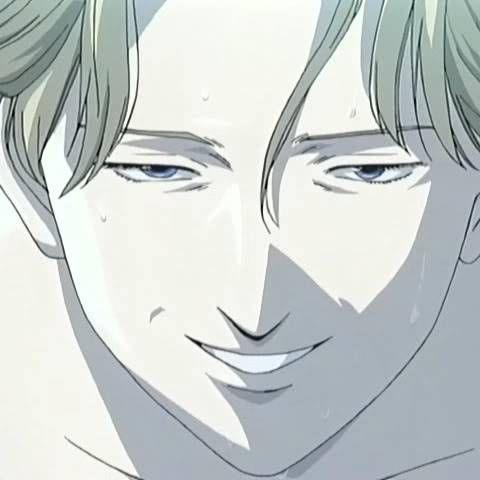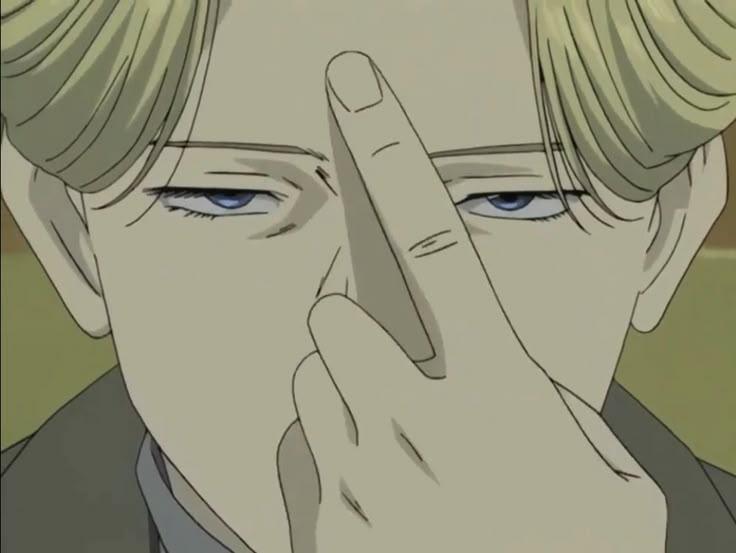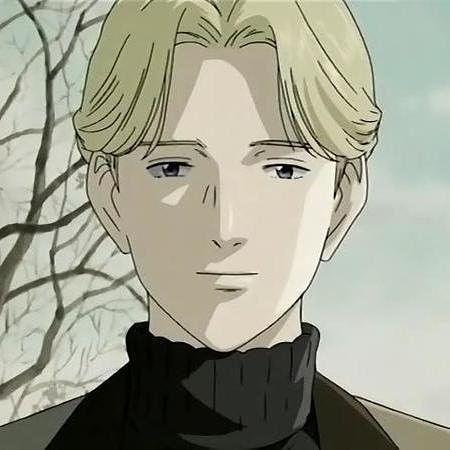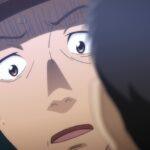The Psychology of Monsters: Unraveling Johan Liebert
Few anime characters embody the concept of a “monster” quite like Johan Liebert, the enigmatic and chilling antagonist of Monster. With his angelic face and soft-spoken demeanor, Johan is a walking contradiction—beautiful yet horrifying, calm yet cataclysmic. He doesn’t just kill; he corrupts. He doesn’t shout; he whispers. But what truly sets Johan apart is his psychological complexity, which turns him from a villain into a terrifying mirror reflecting the darkness within humanity.
The Face of Innocence, the Soul of Nihilism
Johan is terrifying because he wears the mask of innocence. His appearance is disarming—blonde hair, gentle eyes, and a soft voice—but beneath this angelic exterior lies a void. Johan isn’t driven by money, revenge, or traditional villain motives. Instead, he is a philosophical nightmare, a man who believes in the meaninglessness of existence.
This belief manifests in his desire to be “the last thing remaining at the end of the world.” For Johan, life is a cruel joke. He doesn’t want to rule the world; he wants to erase himself and everyone else along with it. His nihilism is not passive—it’s contagious. He infects others with despair and orchestrates their descent into madness or self-destruction, proving that the true monster may not be him—but what lies dormant in us all.

Childhood Trauma & The Birth of a Monster
To understand Johan’s psychology, we must revisit his past. Johan and his twin sister Anna (Nina) were part of secret, inhumane psychological experiments at the 511 Kinderheim orphanage—where children were subjected to brutal conditioning to create perfect soldiers.
Johan absorbed the trauma of others while concealing his own. He became an observer of suffering, learning how easily people can be broken. He wasn’t taught to value life; he was taught how to manipulate it.
One pivotal moment comes when Johan seemingly switches places with his sister to shield her from harm—suggesting he once had a protective instinct. But this sacrifice may also be the root of his fracture. Johan didn’t just lose his innocence—he annihilated it.
Master Manipulator: The Psychology of Control
Johan is a master manipulator, not through brute force but through deep psychological insight. He doesn’t coerce people—he convinces them. He finds their vulnerabilities and gently nudges them toward their own destruction. Whether it’s driving a mother to kill her son or pushing a detective into suicide, Johan never gets blood on his hands—he lets others do it for him.
This makes Johan the embodiment of psychological horror. He reminds us that the worst crimes are often born not from rage, but from manipulation and the corruption of the soul.
johan liebert

The Monster Within Us
Perhaps the most disturbing truth about Johan is that he isn’t a supernatural being. He’s a human. And that’s what makes him so horrifying. He’s a product of trauma, neglect, and warped human potential. He isn’t a monster because of some curse or mutation—he’s a monster because of what people did to him, and what he came to believe about humanity.
In one of the series’ most haunting ideas, Johan becomes a blank slate—a mirror. He is whatever the world reflects onto him. And in that reflection, we see something chilling: the potential for cruelty within all of us.
🎭 Final Thoughts: Who Is Johan Liebert?
Johan Liebert is not just the villain of Monster—he is the embodiment of its central question:
“What is a monster?”
Is it someone who kills? Someone who manipulates? Or someone who simply reveals the darkness that already exists?
Johan is compelling because he is both inhuman and deeply human. His psychology reminds us that the line between sanity and madness, between kindness and cruelty, is thin—and disturbingly easy to cross.



